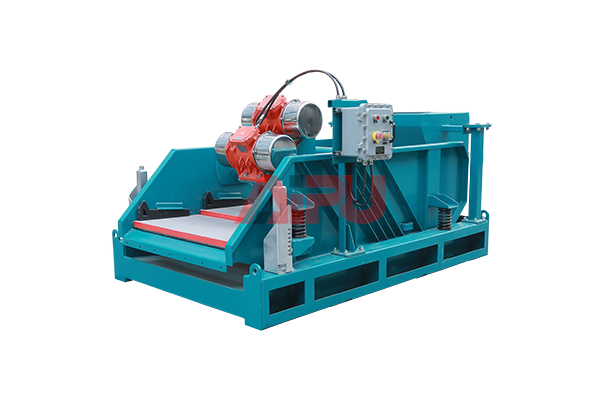Understanding Common Solids Control System Issues and Their Solutions
Solids control systems play a critical role in drilling operations, ensuring efficient separation of drilling fluids from cuttings. However, like any complex machinery, these systems can encounter operational challenges. Recognizing and addressing these issues promptly can minimize downtime and maintain optimal performance.

1. Poor Separation Efficiency
One of the most frequent problems in solids control systems is inadequate separation. This typically manifests as excessive solids remaining in the drilling fluid. The root causes often include:
- Improper screen selection for the specific particle size distribution
- Worn or damaged screen panels
- Incorrect flow rates through the shakers
- Improperly balanced vibration settings
2. Equipment Overloading
When components like shale shakers or centrifuges become overloaded, the entire system's performance suffers. Overloading usually results from:
- Excessive feed rates that exceed design capacity
- Improperly sized equipment for the drilling operation
- Inadequate maintenance leading to reduced processing capacity
3. Excessive Wear and Tear
Premature component failure significantly impacts system reliability. Common wear-related issues stem from:
- Abrasive solids causing rapid deterioration of moving parts
- Improper lubrication of critical components
- Misalignment of vibrating equipment leading to unbalanced forces
4. Inconsistent Performance
Fluctuations in separation efficiency often indicate underlying problems such as:
- Variable feed composition not accounted for in system setup
- Changing drilling parameters without corresponding equipment adjustments
- Gradual buildup of solids in system components
5. Fluid Loss and Containment Issues
Leaks and spills not only create safety hazards but also represent lost drilling fluid. Common causes include:
- Worn or improperly installed seals and gaskets
- Damaged or misaligned piping connections
- Overflow conditions due to improper level control
Proactive Maintenance Strategies
Implementing a comprehensive maintenance program can prevent many common issues:
- Regular inspection of screens and replacement when worn
- Scheduled lubrication of all moving components
- Monitoring vibration patterns for early detection of imbalances
- Periodic calibration of measurement and control instruments
If your project requires solids control equipment, choose Aipu Solids Control - we believe it will be your best choice.
